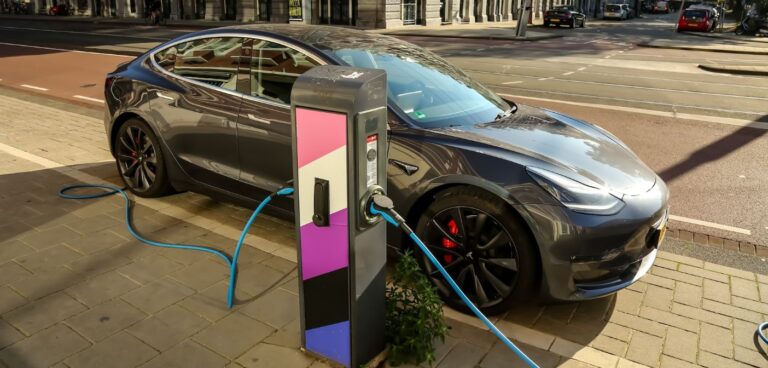Researchers from the University of Cambridge have developed a machine learning algorithm that monitors driving behaviour to improve electric vehicle (EV) battery performance.
The team claims the algorithm could be useful throughout the supply chain.
Potential commercial uses include route recommendations which optimise battery use or faster charging technologies. The researchers now claim to be working with manufacturers to accelerate the development of longer-lasting batteries.
According to the university, the data was collected from the battery using a non-invasive probe which measured responses to form an impression of battery health, which was then fed into the algorithm for analysis.
Trials demonstrated the algorithm’s ability to develop a reliable prediction of battery responses over the next charge and discharge cycle. This was done without data on previous battery use.
“Most of us will replace our phones well before the battery degrades to the point that it’s unusable, but for cars, the batteries need to last for five, ten years or more,” said Dr Alpha Lee, lead researcher and university faculty member.
“This method is gentle on the battery and doesn’t cause it to degrade any further.
“This method could unlock value in so many parts of the supply chain, whether you’re a manufacturer, an end user, or a recycler, because it allows us to capture the health of the battery beyond a single number, and because it’s predictive.
“It’s a great time to be involved in the field of battery research, which is so important in helping address climate change by transitioning away from fossil fuels.”
The testing focused on lithium cobalt oxide (LCO) cells, which are commonly used in rechargeable batteries, though the team claim the method is generalisable across different cell types.





